Turkish and Libyan central banks strengthen alliance by signing an economic deal
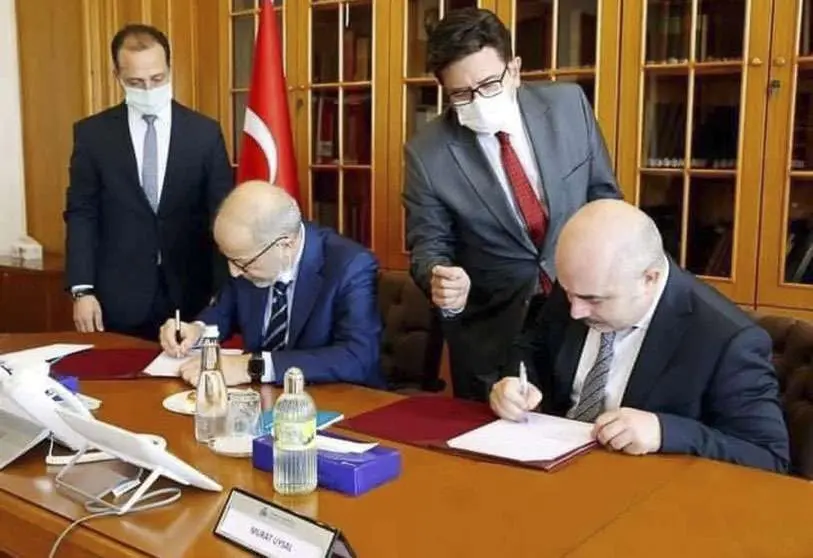
Money and power have the power to move and paralyse the world. The central banks of Libya and Turkey have dramatised this popular saying by signing a Memorandum of Understanding (MoU) on Monday that sets out the terms of cooperation in certain economic and financial sectors. "The banks will carry out activities to promote bilateral economic relations and strengthen financial cooperation and joint work in central banking services between the two countries," stressed a statement issued by the Turkish institution.
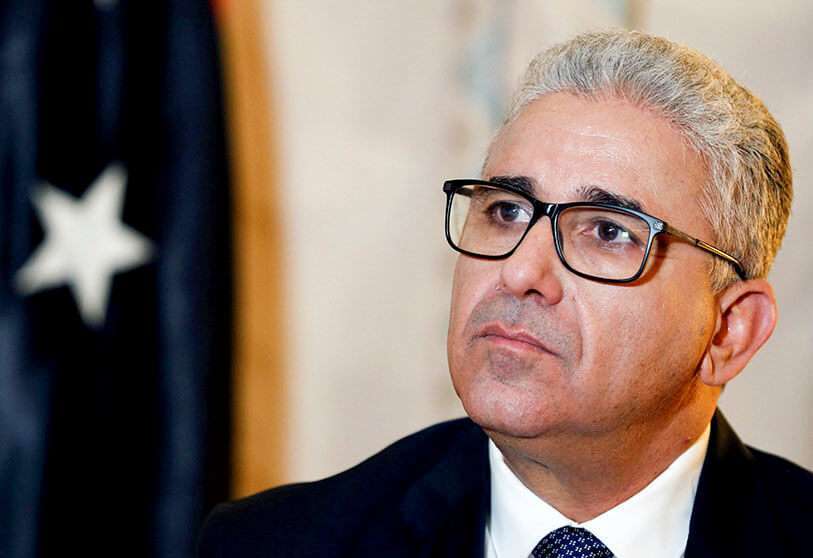
The Governor of the Central Bank of Libya al-Sadiq al-Kabir has signed this agreement with the Central Bank of Turkey a few days after Fathi Bashagha, the former Minister of Interior of the Government of National Accord and Khaled al-Mishri, the head of the State Council of Libya visited Turkey. The estrangement between the Prime Minister of the Government of National Accord (GNA) and Fathi Bashagha could open old wounds within the militias of Tripoli. Sarraj decided to dismiss the Libyan interior minister after dozens of people took to the streets to protest the situation in the North African nation, a region devastated by war since 2011.
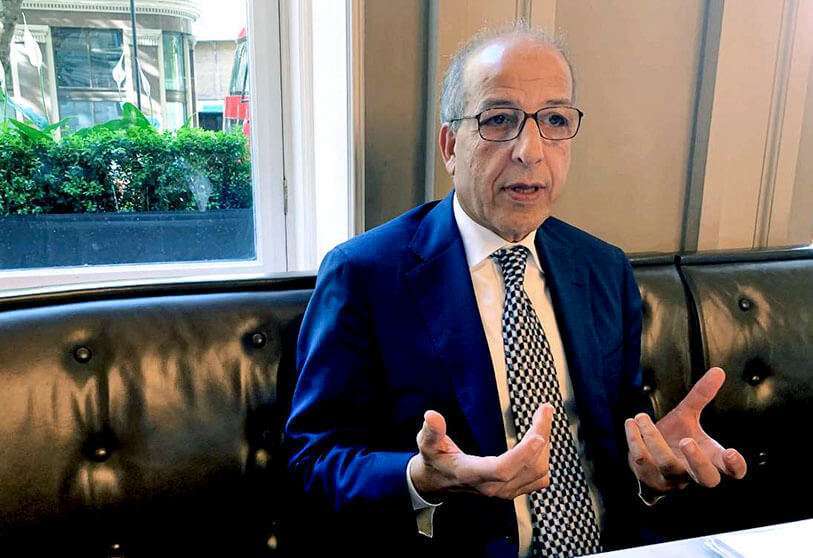
Fathi Bashagha's trip to the country of the Bosphorus has taken place in the midst of the growing crisis between this politician and Sarraj. The communiqué issued by the Central Bank of Turkey specifies that, in the framework of this Memorandum of Understanding, there are plans to launch activities that could boost economic relations as well as improve financial cooperation between the two countries. However, this rapprochement between the two nations has not convinced Libyan society, which fears the consequences of the differences between Bashagha and Sarraj.
On Friday 28 August Fayez Sarraj announced he had dismissed the interior minister, claiming that the latter had granted permits to demonstrators to organise protests against the power. The tension grew progressively over the past few weeks after Fathi Bashagha was accused of preparing a coup d'état against Sarraj by taking advantage of the people's anger at the government after over nine years of war.
Desperation and hopelessness unleashed anger during the past week in Tripoli, the Libyan capital. The demonstrators want answers to the growing presence of foreign mercenaries in the territory, as well as to the lack of supplies, such as water or light. The former Libyan ambassador to the United Arab Emirates and leader of the Libyan Revival Bloc, Aref al-Nayedh, told digital Arab News that "“It would seem, according to these analyses, that the alliance between Kabir, Bashagha and the heads of finances in Misrata is working on recruiting the Turks to bully Sarraj, and this agreement is part of the price they must pay.”
One day after Sarraj issued an executive order to suspend Bashagha for his alleged responsibility in the use of force against the demonstrators, the former Interior Minister arrived in the capital Tripoli from Turkey, where he was on an official visit for several days, according to the newspaper mentioned above.
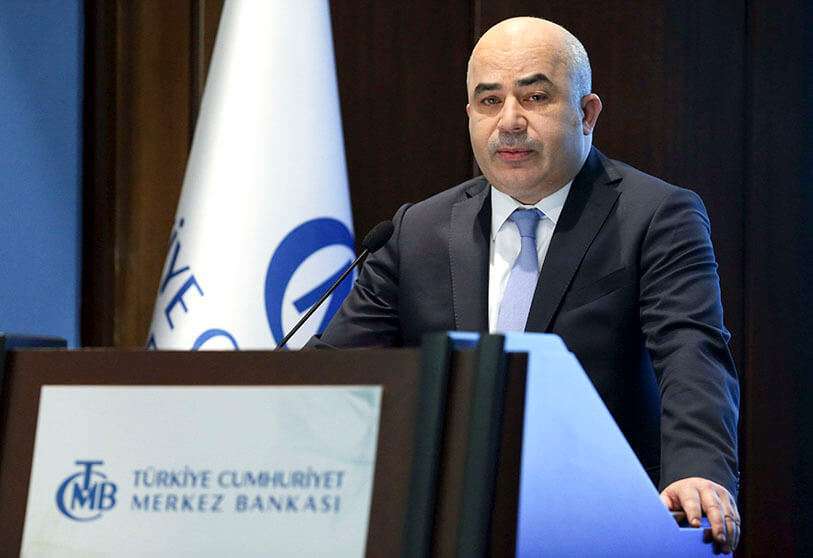
This announcement comes after the governor of the Central Bank of Libya (CBL), Al-Siddiq Al-Kabir, travelled to the Turkish city of Istanbul on June 29 to meet Erdogan. He also had meetings with his Turkish counterpart Murat Uysal and the Turkish Minister of Finance and Treasury Berat Albayrak. During the meetings, they "reviewed issues of mutual interest", as reported in a short press release from the CBL Media Office.
Ankara has played a fundamental role in the conflict raging in the North African nation following the agreement signed last November between Turkey and the Tripoli-based Government of National Accord (GNA) led by Fayez Sarraj. At this meeting the Bosphorus country and the GNA signed two memoranda of understanding for cooperation on maritime borders and in the area of defence, an understanding that has opened up old wounds in the eastern Mediterranean. As part of this agreement, the country chaired by Erdogan has stepped up its presence in Libya, sending hundreds of mercenaries and dozens of shipments of military equipment to swell the ranks of the GNA militias.
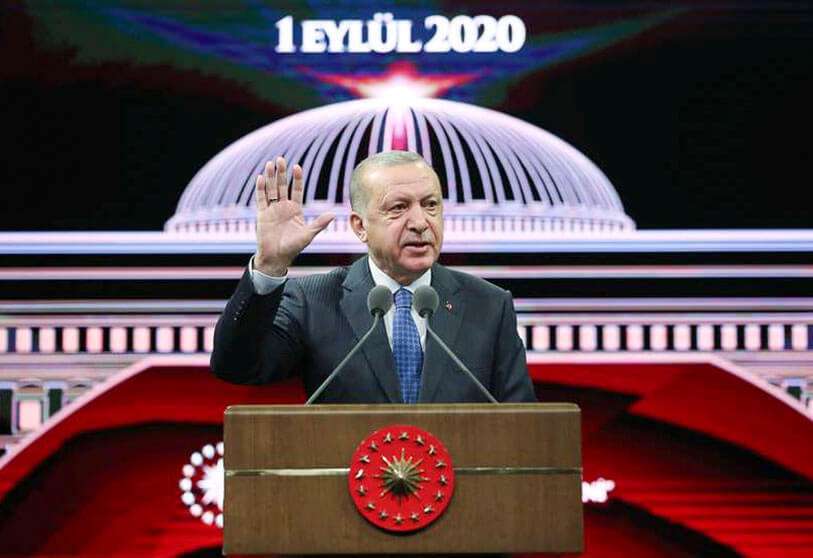
Libya is the victim of a war of legitimisation waged by the Libyan National Army (LNA) led by General Khalifa Haftar, who has been attempting to extend his power in the regions still in the hands of the Government of National Accord (GNA) since April 2019. Haftar is backed by Jordan, Saudi Arabia, Egypt, the United Arab Emirates, Sudan, Russia and France; while the Tripoli government, backed by the Muslim Brotherhood and internationally recognised by the United Nations or Italy, receives military aid from Turkey and Qatar.








